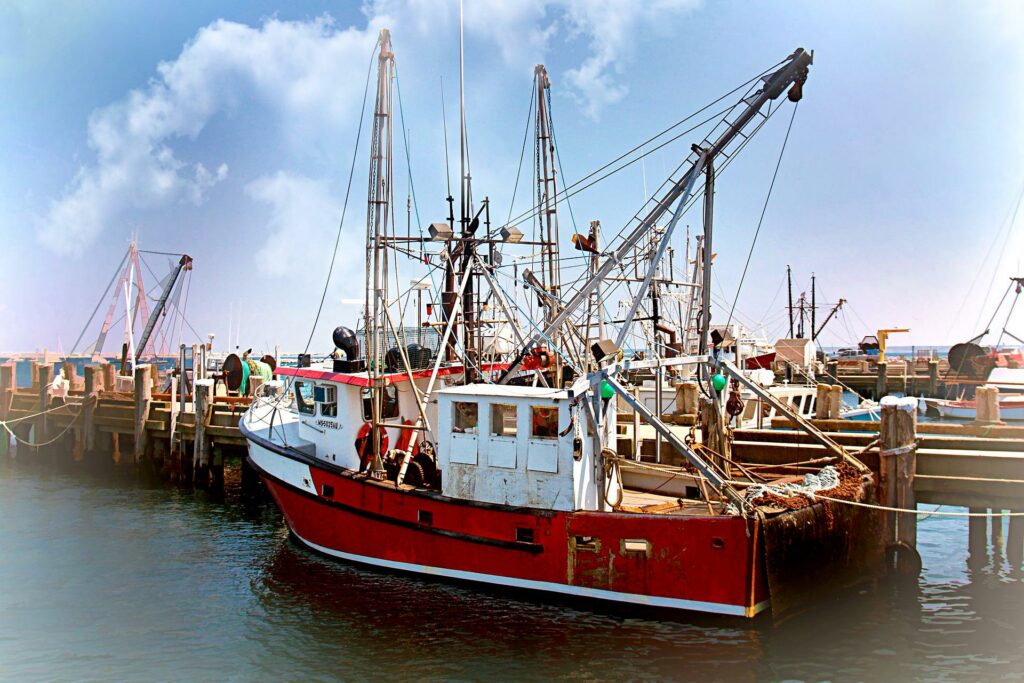
Fishing to feed the world
The most recent report by the FAO on the state of world fisheries, has touted the importance of fishing to help achieve SDG2 – ZERO Hunger. Accordingly 1kg of Tuna production only takes about 1.1kg of feed compared to beef where 1kg take 5-12kg of feed (Fitt, 2022). On paper this all seems good and seems to indicate that we should be consuming more fish, but the issue is that at present we are overfishing the majority of wild fish and fisheries and this is due to very measures to ensure fishing is being properly regulated and managed as in reality illegal fishing fleets run rampant and take fish away from small communities (Bartlett, 2022).
If we are to transform fishing into a sustainable and lucrative sector, all countries and the international bodies and governments need to do more to protect small fisheries and local fishermen as 90% of fishing employees worldwide are small scale (UN, 2022). More needs to be done to properly secure the rights of the small fisheries and communities as at present their governments do not give them the proper safeguards to defend their waters legally and physically. Small fisheries are underfunded, underepresented and subject to pollution and environmental damage from governments or big companies polluting water sources (FAO, 2022) (UN, 2022).
If communities and small scale fisheries have the right frame work and support they can achieve multiple functions. Firstly feed a growing global population, with a protein source that has a relatively low GHG emissions factor. Small fisheries are likely to better manage and conserve their territorial waters so environmental protection and conservation would increase. It would help towards closing the gender gap and supporting equality as at present women make up half the fishing workforce but have almost no representation and they suffered most loss due to the Covid-19 pandemic (FAO, 2022).
References
Bartlett, K., 2022. Fishy Business: Report Details Chinese Fleet’s Illegal Operations in West Africa. [online] VOA. Available at: <https://www.voanews.com/a/fishy-business-report-details-chinese-fleet-s-illegal-operations-in-west-africa-/6519387.html#:~:text=China%20is%20the%20world’s%20biggest,NGO%2C%20the%20Environmental%20Justice%20Foundation.> [Accessed 16 July 2022].
Fao.org. 2022. COVID-19, a crisis like no other. [online] Available at: <https://www.fao.org/3/cc0461en/online/sofia/2022/covid-crisis-fisheries-aquaculture.html> [Accessed 16 July 2022].
Fitt, E., 2022. FAO calls for ‘blue transformation’ as seafood production swells. [online] Eco-Business. Available at: <https://www.eco-business.com/news/fao-calls-for-blue-transformation-as-seafood-production-swells/> [Accessed 16 July 2022].
Press.un.org. 2022. Voices of Small Fisheries Undervalued, Overlooked in Global Food Systems, Speakers at Lisbon Dialogue Stress amid Calls to Curb Illegal Practices, Overfishing | UN Press. [online] Available at: <https://press.un.org/en/2022/sea2150.doc.htm> [Accessed 16 July 2022].